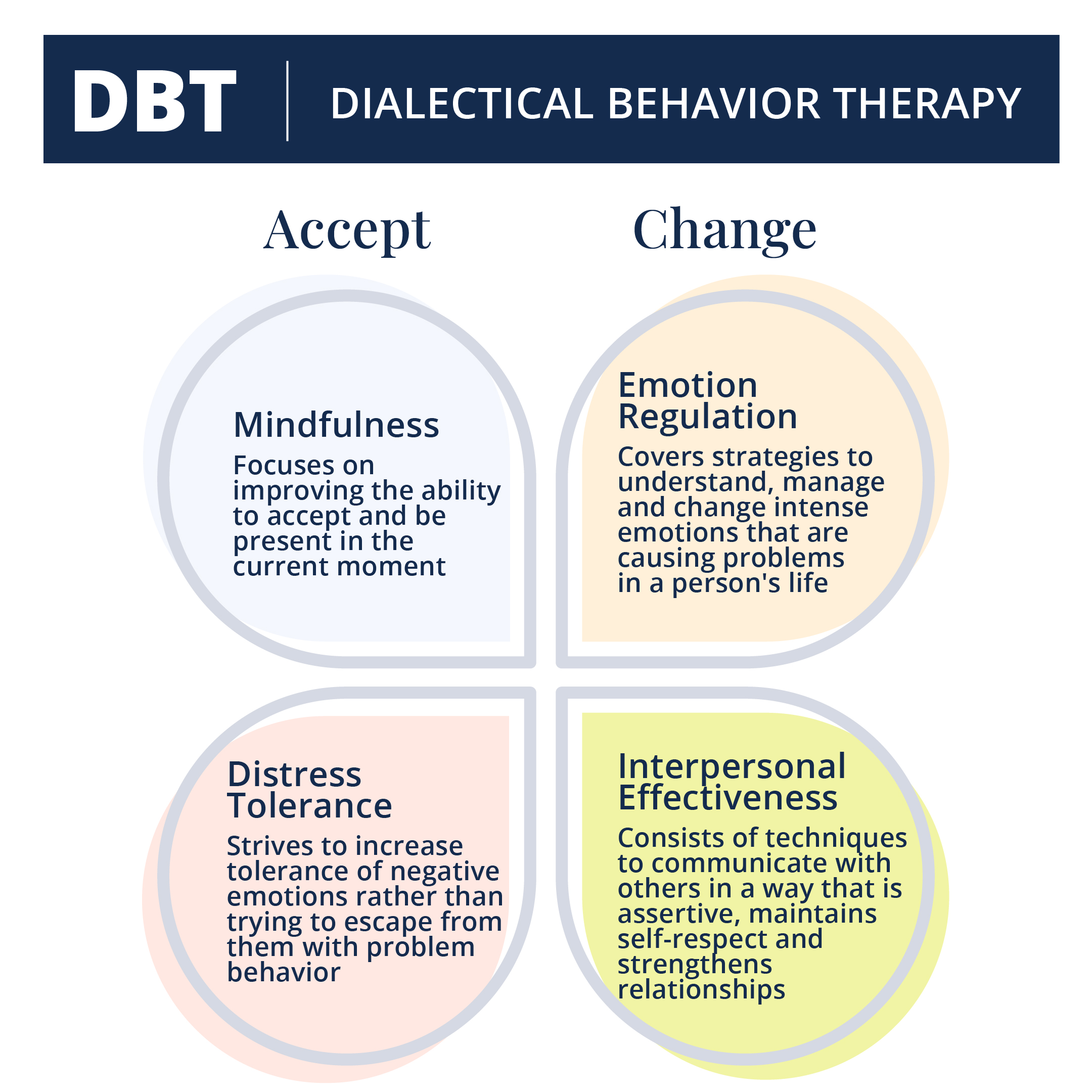Finding Balance: Exploring the Power of Dialectical Behaviour Therapy
Understanding the Basics of DBT
Dialectical Behaviour Therapy, often referred to as DBT, is a therapeutic approach initially developed to treat individuals with borderline personality disorder. However, its effectiveness has led to its use in various mental health settings. DBT is rooted in the idea of balance – balancing acceptance and change, validation and change strategies, and emotional regulation.
Breaking Down the Four Modules of DBT
1. Mindfulness: The foundation of DBT, mindfulness teaches individuals to be present in the moment without judgment. By cultivating awareness, one can respond to situations in a more considered manner, reducing impulsivity.
2. Distress Tolerance: Life is full of stressors. Distress tolerance skills help individuals cope with distressing situations without resorting to destructive behaviours. Learning to tolerate discomfort builds emotional strength.
3. Emotion Regulation: DBT equips individuals with strategies to identify and manage intense emotions. By understanding emotions and their triggers, one can regulate reactions and maintain emotional balance.
4. Interpersonal Effectiveness: Relationships play a pivotal role in our lives. This module helps individuals communicate assertively, set boundaries, and navigate interpersonal dynamics skilfully.
 |
| jpeg source |
Practical Application and Real-Life Impact
Seeking Professional Guidance
While the concepts of DBT can be learned, seeking guidance from a qualified therapist is crucial for personalized guidance and growth. A therapist skilled in DBT can help individuals apply these skills in their unique situations and journey towards emotional well-being.





